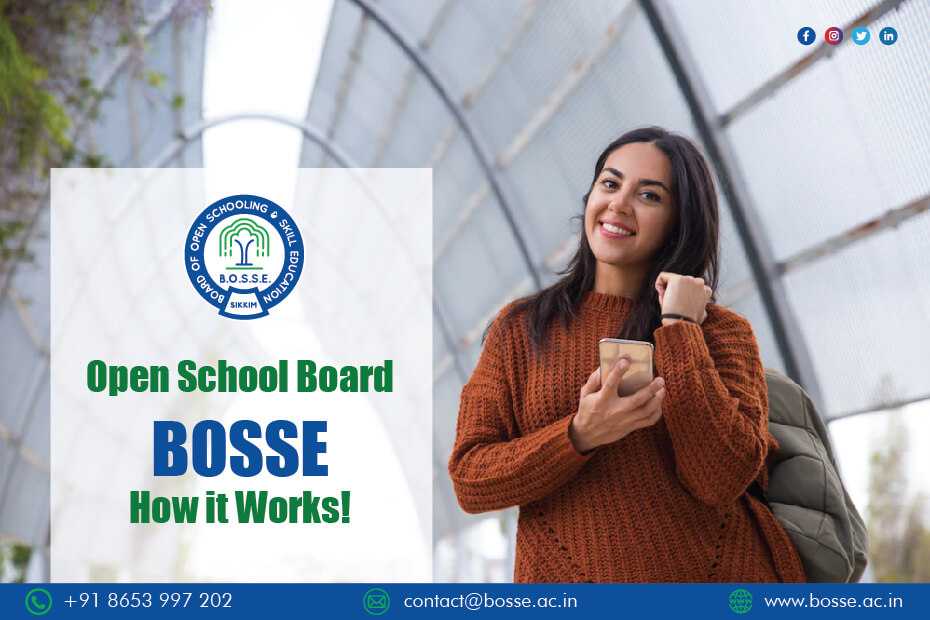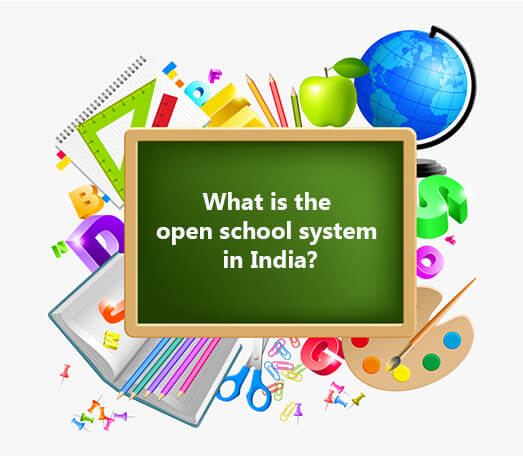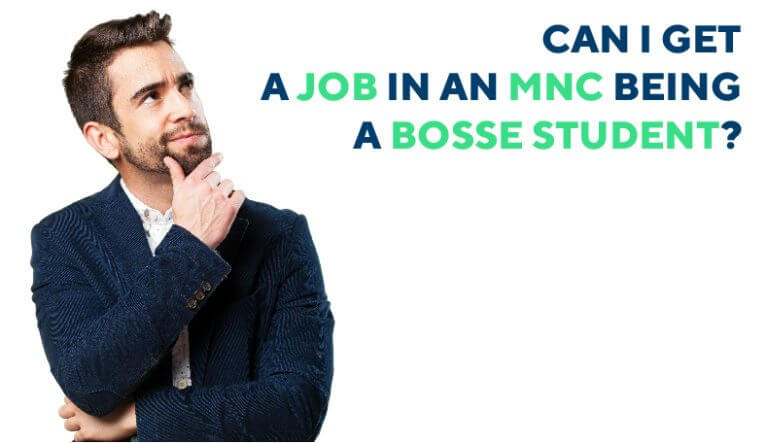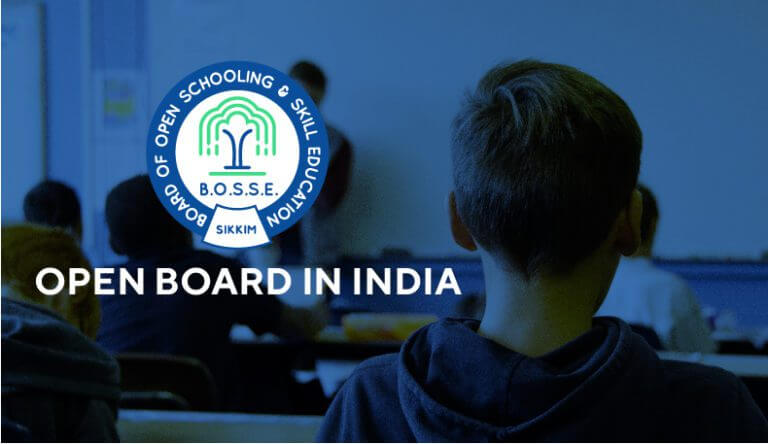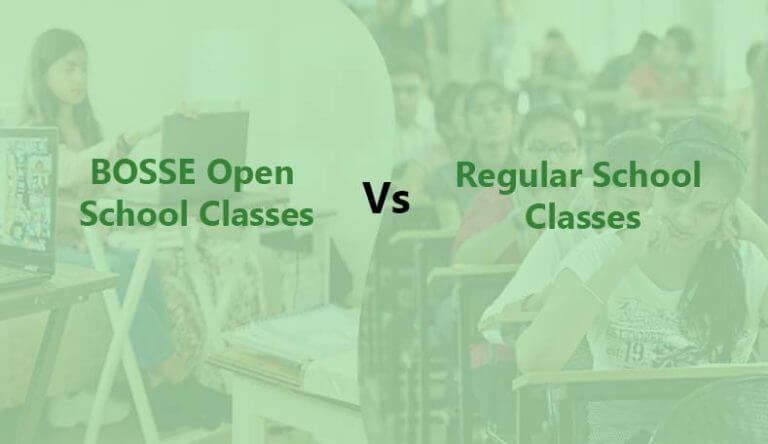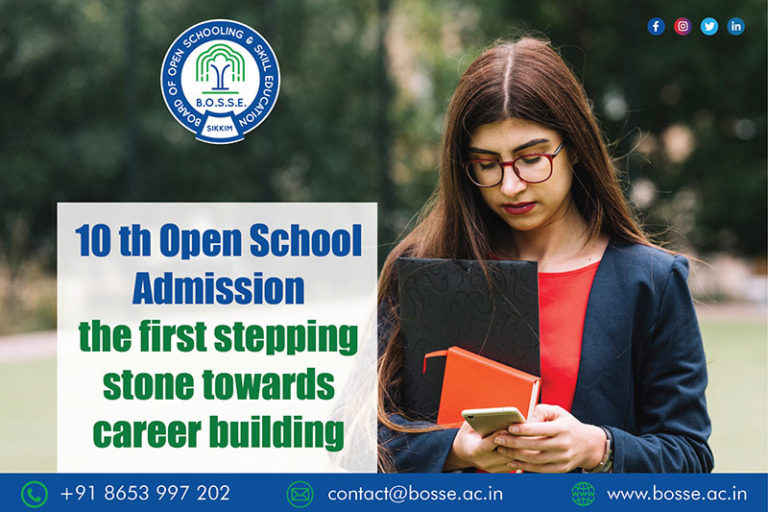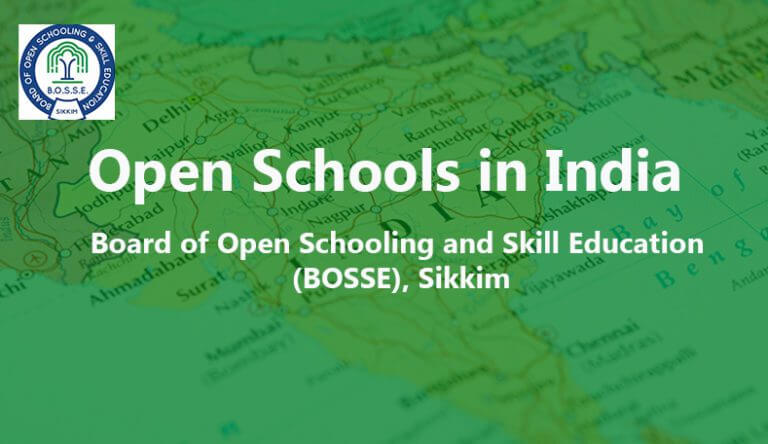Open Schooling Board BOSSE – How it Works
India has a rich and note-worthy history of education. With 15% of the global population, it is one of the youngest countries among large countries.
India is the world’s 12th largest economy with a growth rate of 9%. Education has played a major role in influencing this development. The education system in India currently caters to 3 central boards.
These are,
- CBSE (Central Board of Secondary Education),
- ICSE (Indian Certificate of Secondary Education) and the
- NIOS (National Institute of Open Schooling).
These boards are responsible for examinations conducted for class 10th & 12th. CBSE AND ICSE are regular boards, requiring students to come to school and attend classes on a daily basis.
On the other hand, NIOS is an opens schooling system set up by the Government of India in 1989, with the main objective to provide access of education to students who are unable to attend regular schools.
Open Schooling board
The open schooling board approach removes obstacles to learning for students. It is an alternative educational approach open to all learners. Students have the freedom to choose from many options, pertaining to time slots, place of instruction, teaching methods and many other forms of learning. Students have the comfort of learning at their own pace using self-instructional access to resources fashioned to individual needs.
The ODE (On-Demand Examination) system is also held in place allowing learners to take subject exams one at a time.
BOSSE (Board of Open Schooling and Skill Education), is recognized by the Government of Sikkim and established under Sikkim Act 2020. The school provides Secondary, Senior Secondary education, Skill & Vocational Education to students who have missed the opportunity for receiving the conventional way of schooling. It has been conferred with being the ‘Most Promising Open Board”, in India at the Education Leadership Submit organized on 30th September, 2021.
BOSSE is a splendid opportunity for students who are unable to attend traditional method of schooling but have the same aspirations to explore educational possibilities like their peer group.
How Does Open Schooling Help?
- Individuals can complete vocational and academic training while being employed and work as a non-skilled laborer.
- Students can also opt for open school board in India in case a specific combination of subjects is not available in the conventional education system.
- Schools of open learning benefit the physically and mentally challenged, school dropouts, women, people in rural areas, and students who have failed secondary and senior secondary.
- Students, who want to pursue a vocational course that takes more time in the time-bound framework of mainstream schooling systems, can opt for an open school degree in the same.
- Education provided is of the highest quality, and there is no age-limit to admission process.
Open schooling has been steadily growing as a viable option with respect to non-formal education. Even among students who have the capacity to attend regular schooling, open schooling is quite an attractive option.
One of the reasons for this might be that open schools allow students to mix and match subjects as per their choices based on future career goals and interests.
The goal of Open Schooling is to move forward in a self-directed independent way, with the aim to empower learners with lesser opportunities. These schools operate on the principle of flexible teaching pedagogies.


